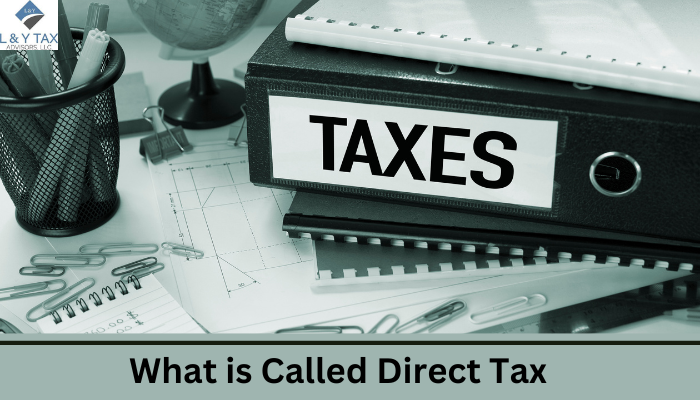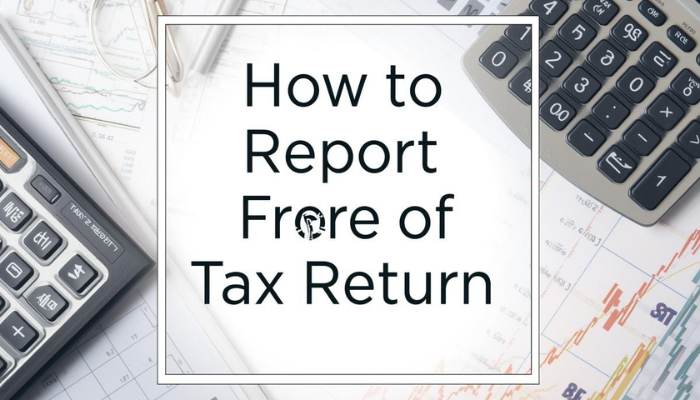
What is Called Direct Tax?
Everyone pays taxes, whether directly or indirectly. But what is called direct tax? What are its types, and how does it ease timely payment of taxes?
The term ‘direct tax’ describes a tax that is levied directly on a person or organization. You cannot transfer this tax to another person.
Direct taxes are paid to the government directly and transferred to customers via goods or services. L&Y Tax Advisor helps you learn what is called direct tax, its essential features, and typical examples for better understanding.
Importance of Direct Taxes
The government’s financial requirements are mostly met via direct taxation. They are necessary to pay for public services, including:
- National security
- Infrastructure
- Healthcare
- Education
Furthermore, progressive taxation makes direct taxes an effective instrument for wealth redistribution, which lowers income inequality.
Read: What is a VAT number in the US?
Key Characteristics of Direct Tax
Specific characteristics set direct taxes apart from other types of taxation:
Directly Paid by the Taxpayer
Direct taxes are non-transferable. The onus of payment rests only with the person or entity liable to pay them.
Based on Income or Property
The taxpayer’s income, profits, or property constitute the basis for these taxes.
Progressive Nature
Direct taxes are often progressive. When a taxpayer’s income or wealth grows, the tax rate also rises, fostering fairness in the tax system.
Common Types of Direct Taxes
In the US, several forms of direct taxes are imposed. Each is vital to maintaining economic equilibrium and financing governmental operations.
Here are a few noteworthy instances:
Income Tax
Income taxes are levied on the incomes of people, corporations, and other organizations. Us federal and state governments collect this tax.
Property Tax
Either people or companies are subject to this tax on their property. Local governments often utilize the rate, which is based on the property’s worth and pays for infrastructure and public services like schools.
Corporate Tax
Another well-known kind of direct taxation is corporate tax, levied on corporations’ earnings.
Estate Tax
When someone passes away, the estate tax is levied on the transfer of their property. It is assessed based on the departed’s entire estate worth.
The Bottom Line
Direct taxes are levied directly on people or organizations. These are remitted to the government without being indirectly transferred to other parties. Understanding what is called direct tax is necessary to support economic justice and pay for government services.
Connect with our tax consultancy services for further assistance.
Raed More:
list three things you should look for when hiring a tax professional


